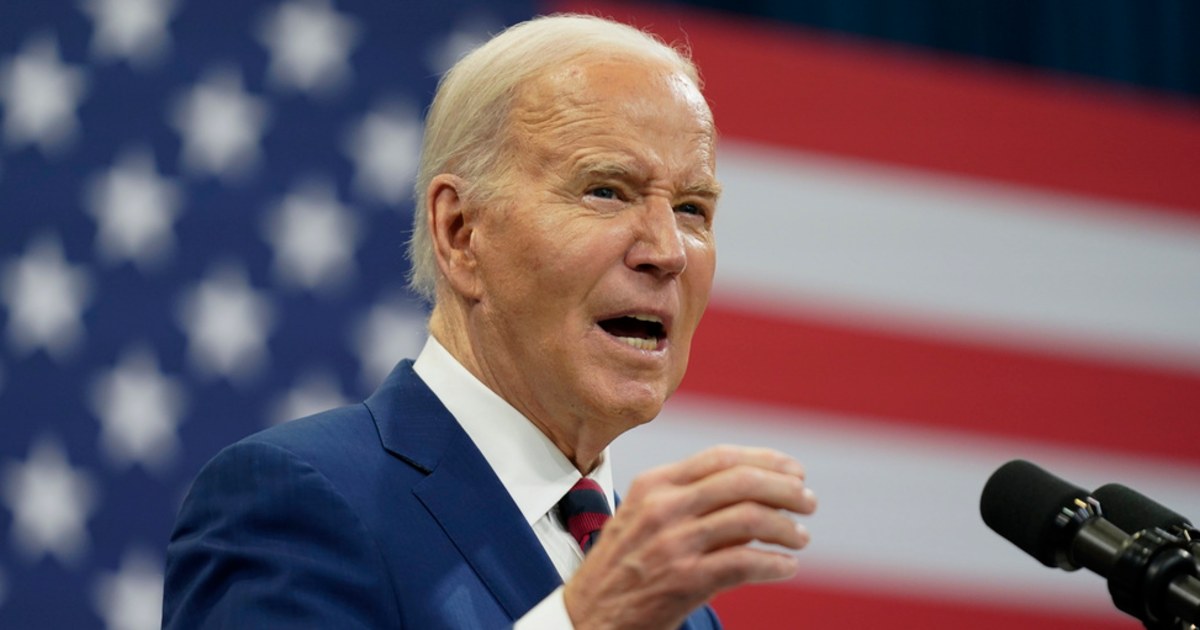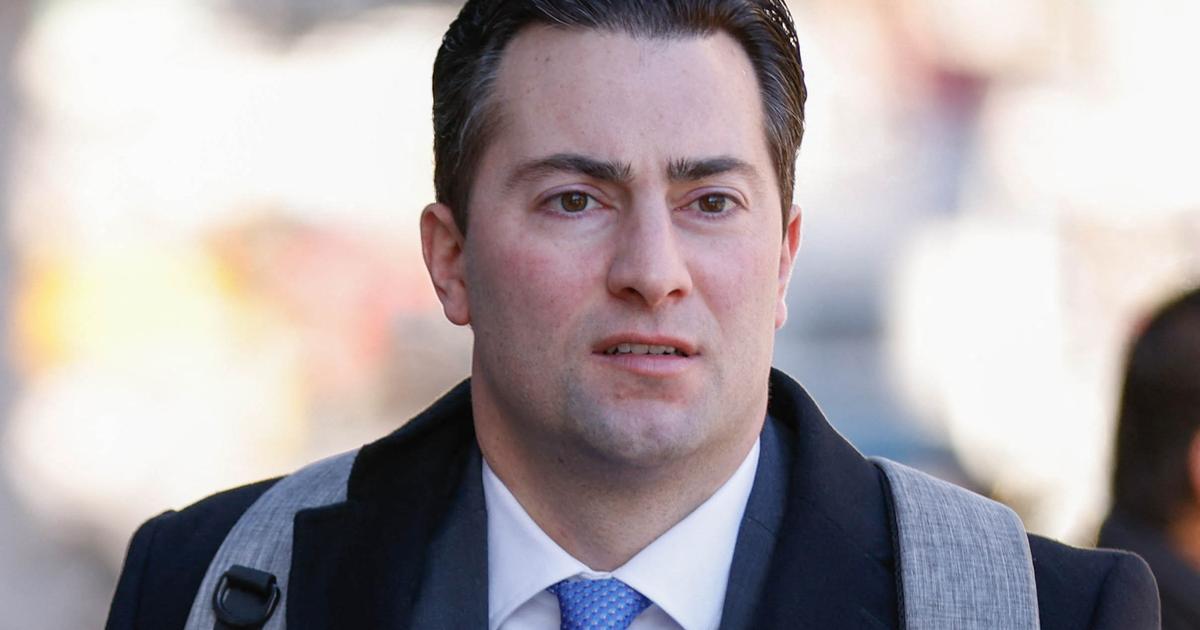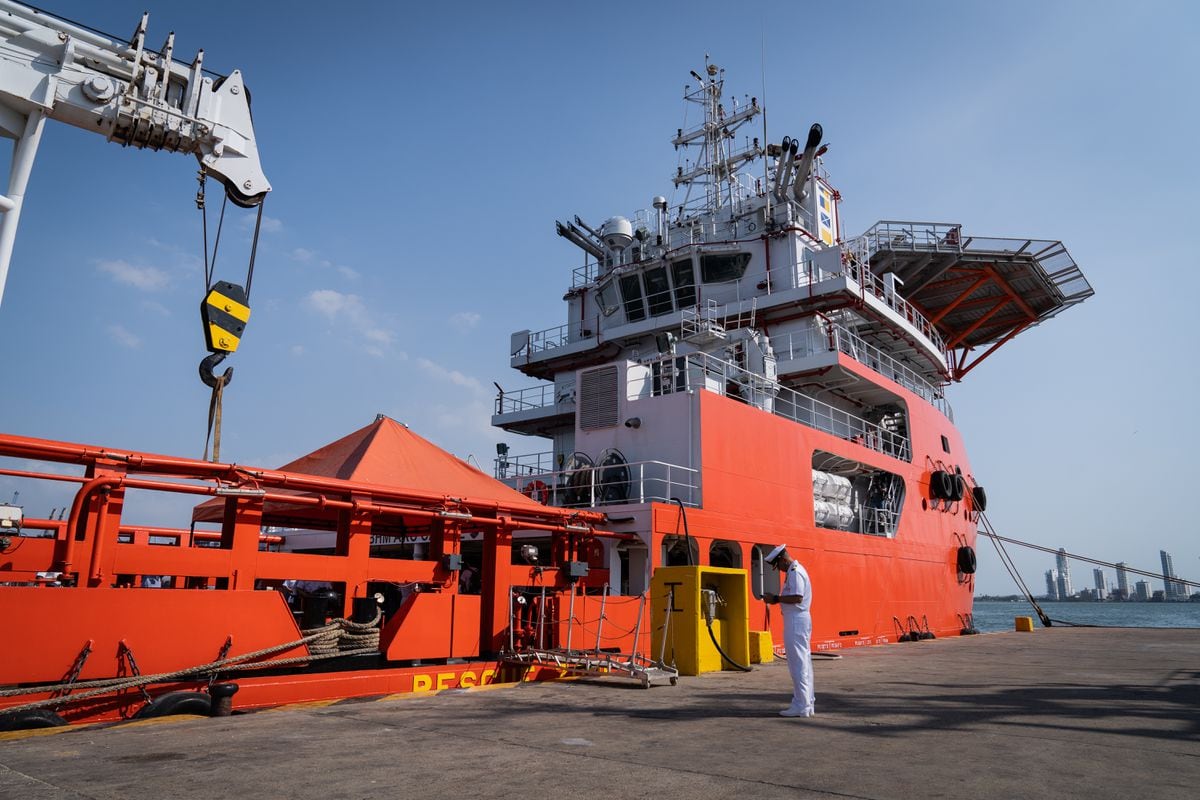The credit of up to 370 million dollars that the Government of Colombia has decided to grant to the Avianca airline, the first Latin American country to embark on the rescue of a strategic sector for economic reactivation, is heading towards a tortuous transit in the midst of the agitated public debate on its suitability.
The Colombian justice decided to suspend the disbursement, in what becomes an additional obstacle for the centennial airline, which in the face of the onslaught of the pandemic has had to leave its planes on the ground for months and undergoes a restructuring process under the law bankruptcy in the United States.
In the precautionary measure that was known a little over a week ago, in response to a citizen demand, the Administrative Court of Cundinamarca indicates that "there is no clarity about the conditions for granting" the loan, which expired in November 2021, " nor of the real guarantees verified for its endorsement ”.
The Government of Iván Duque has a period of 10 days to respond and demonstrate the suitability of the disbursement, which comes from the Emergency Mitigation Fund (FOME) that manages the resources to alleviate the economic and social impact of the crisis caused by the coronavirus.
The airline, for its part, has appealed for a precautionary measure that "puts the viability of Avianca and the country's air connectivity at risk," and, it maintains, could even force it to disappear.
The company recalled that this financing is essential to sustain its operations, maintain connectivity and support the economic recovery, in addition to committing to provide information to show that it is a beneficial transaction for the country.
The financing has been structured by granting the Government, he maintains, important backing guarantees, as well as priority for repayment over other creditors.
Since before the judicial impasse, the loan that the Government intends to grant has faced resistance and aroused resentments both in the political opposition and in sectors of public opinion.
The attorney general, Fernando Carrillo, had already sent a letter to the Executive with multiple questions about that commitment.
Were other alternatives considered with calculations and projections?
Does the national government have suitable support for the decision it announced?
Will there be similar credits for other airlines at a time when competition must be maintained in strategic sectors?
These are some of the questions that the public prosecutor raises in a letter that has not been answered.
"No one doubts the importance or the essential public service nature of transport, defined in the law," Carillo said in the letter.
However, "given the critical situation affecting thousands of Colombian companies and workers, it would be convenient for the national government to reveal this support for its decision to public opinion."
As it is a company that is carrying out a reorganization process in a court of another country, there will be no way to impose on the shareholders the duty to buy the State's participation in a short term, he warns among his concerns.
The Ministry of Finance defended the loan at the end of August before the "negative repercussions" that the fall of the second largest airline in Latin America would have for the Colombian economy.
The operation, in any case, must still be evaluated and authorized by the judge who is in charge of the case in the Southern District Court of New York.
Various unions, which include the National Association of Industrialists (ANDI) or Asocolflores –which groups together the producers of the second largest exporter of flowers in the world–, have supported the Government's commitment, aware that their operation depends on the airline sector.
The company highlights that, according to studies by Oxford Economics, Avianca contributed directly and indirectly to 3.19% of Colombia's GDP in 2019. The company employs some 13,000 workers directly in the country - of its more than 20,000 employees in the region-.
If indirect ones are added, it contributes some 500,000 jobs, according to government calculations.
Colombia follows in the wake of several countries such as Italy, France or the United States that have granted financing to their airlines.
According to the International Air Transport Association (IATA), up to 39 governments have provided direct bailouts to the air sector through credit guarantees, reimbursable aid and non-reimbursable aid, but Latin America is one of the regions that has seen the least relief.
Avianca sources point out that in their case it is neither a subsidy nor a soft loan, since it corresponds to the interests of the market.
It is also just a portion of the 2 billion dollars that the airline seeks to collect to refinance its entire restructuring process, which includes current creditors, bondholders and new investors.
"Everything else comes from investors who are not governments, and that is important, because it means that the market still has that confidence," said its president and CEO, Anko van der Werff, in the newspaper
El Espectador
.
Avianca, the second oldest airline in the world after KLM, already underwent a chapter of debt restructuring at the beginning of the century, when it successfully submitted to Chapter 11 protection of the United States bankruptcy law.
Since then, it merged with the Central American Taca and the Ecuadorian Aerogal and sealed an alliance with United Airlines until becoming, in the midst of many turbulence, a Latin American giant.
Critics point out that his difficult financial situation preceded the pandemic.
The company recorded last year, after an adjustment process, a net loss of 894 million dollars, against 1.1 million in profit in 2018. However, Avianca maintains, the restructuring under the North American bankruptcy law is exclusively due to for the purposes of the pandemic that affects the three main airlines in Latin America, a group that places it together with LATAM and Aeroméxico.
IATA spokespersons in Colombia have estimated that reaching the same passenger traffic as in 2019 will take until 2024. The debate around Avianca, which concentrates almost half of the market, occurs at a time when the country has put an incipient reopening of airspace is underway.
After five months in which only humanitarian flights and cargo planes operated, several domestic frequencies have gradually come into operation in recent weeks.
International travel restarted on Saturday with a Viva Air flight that covered the Medellín-Cartagena-Miami route.
The same week that the disbursement to the country's main airline is still in the air.







